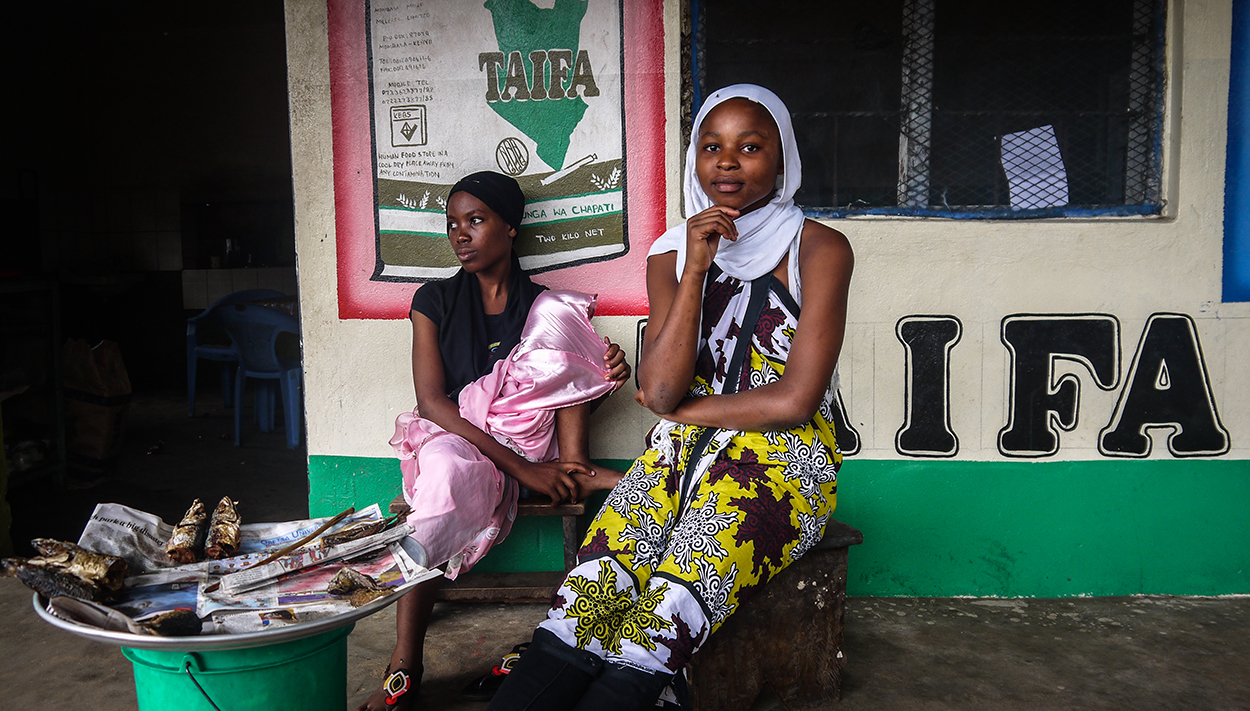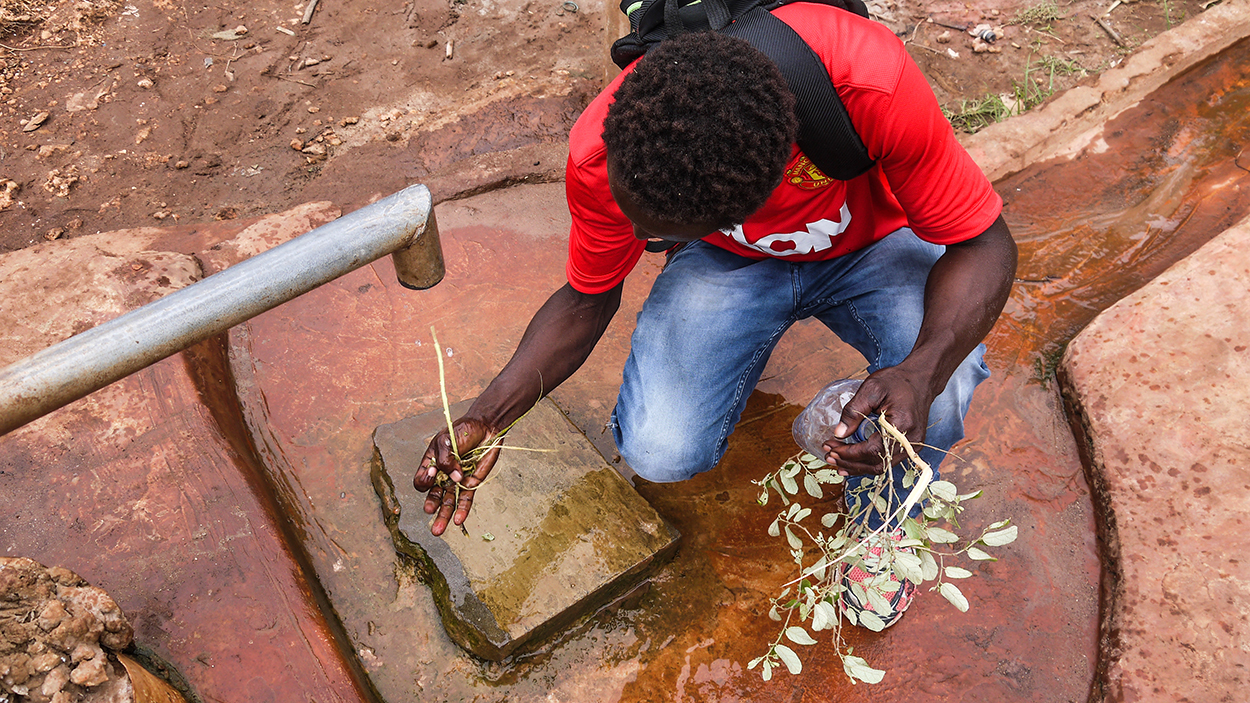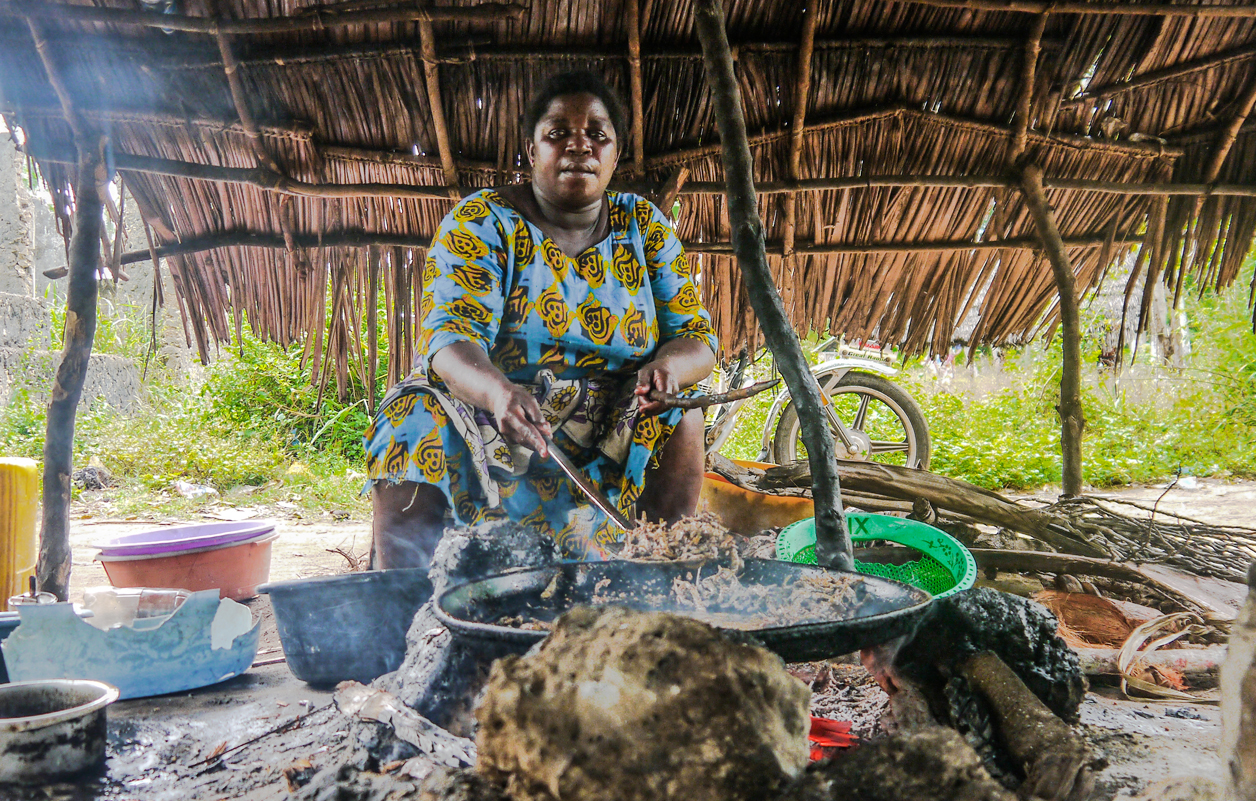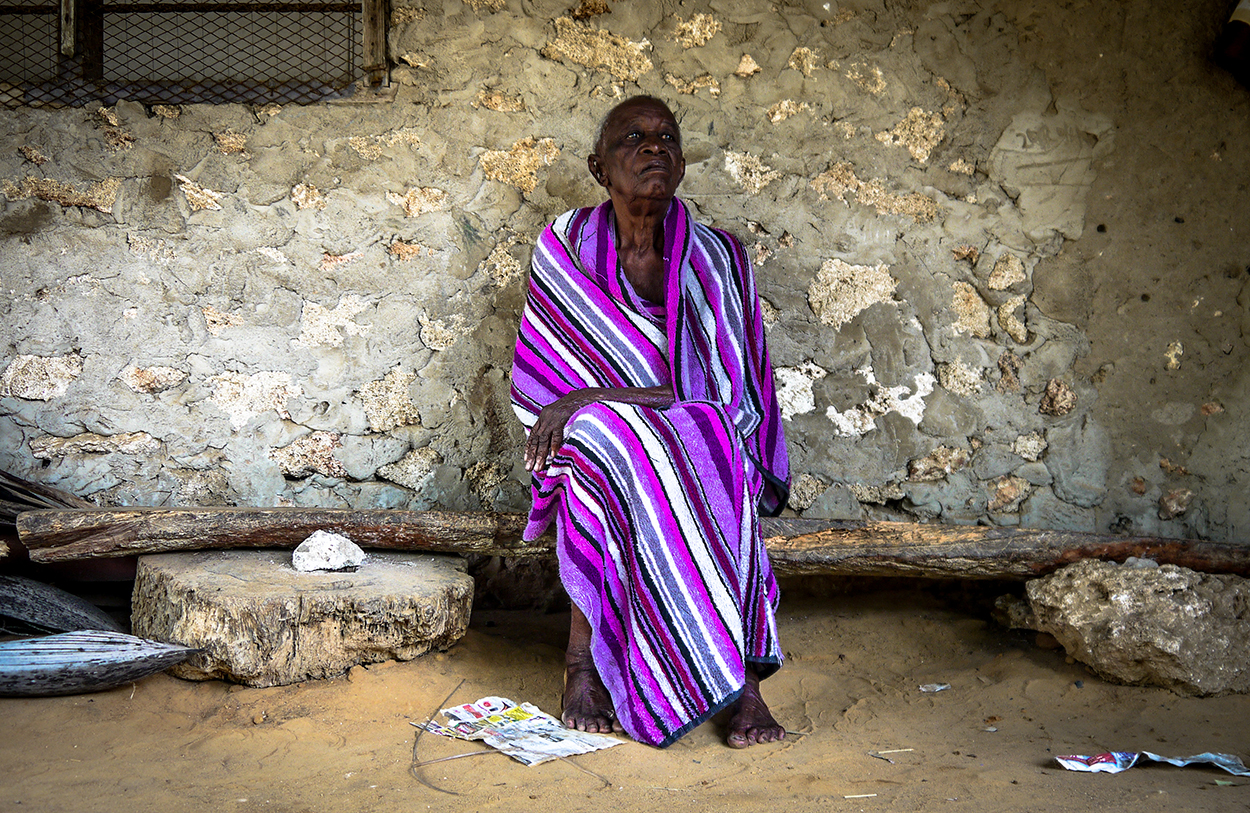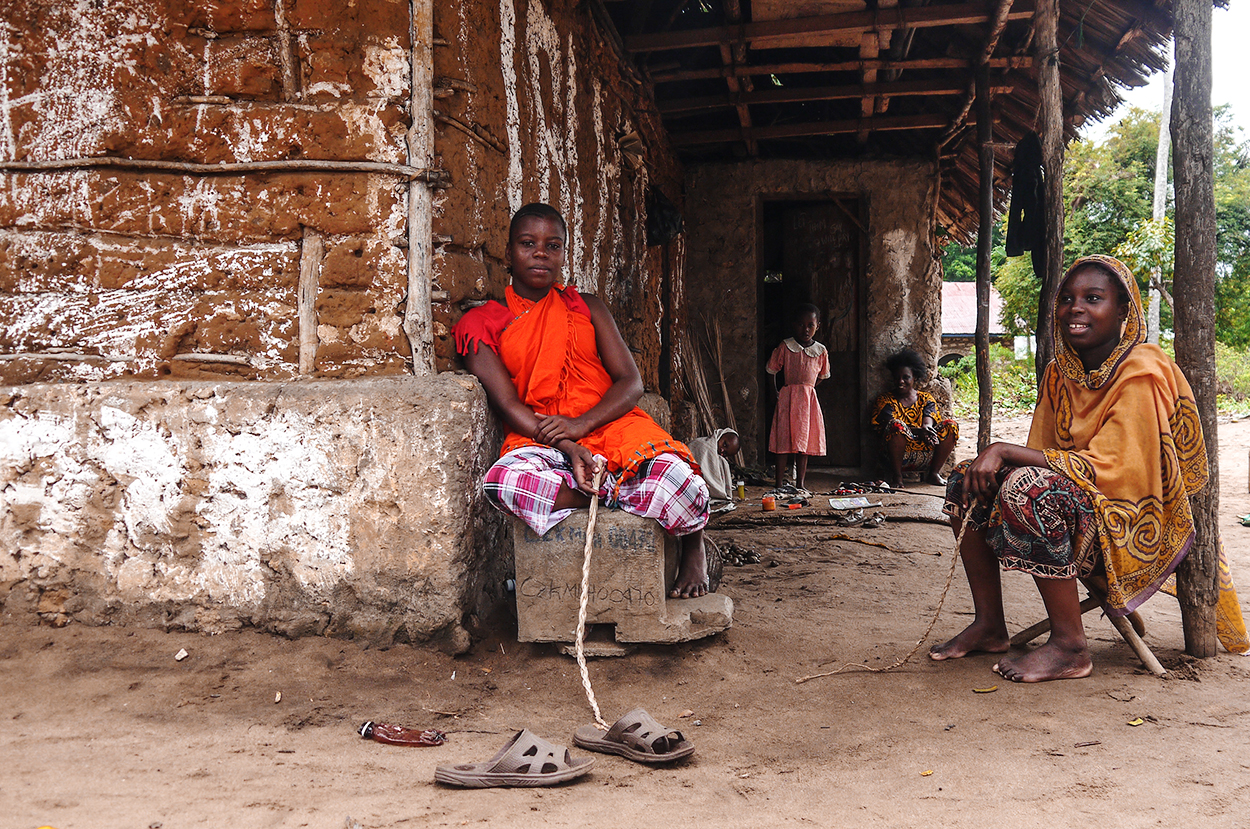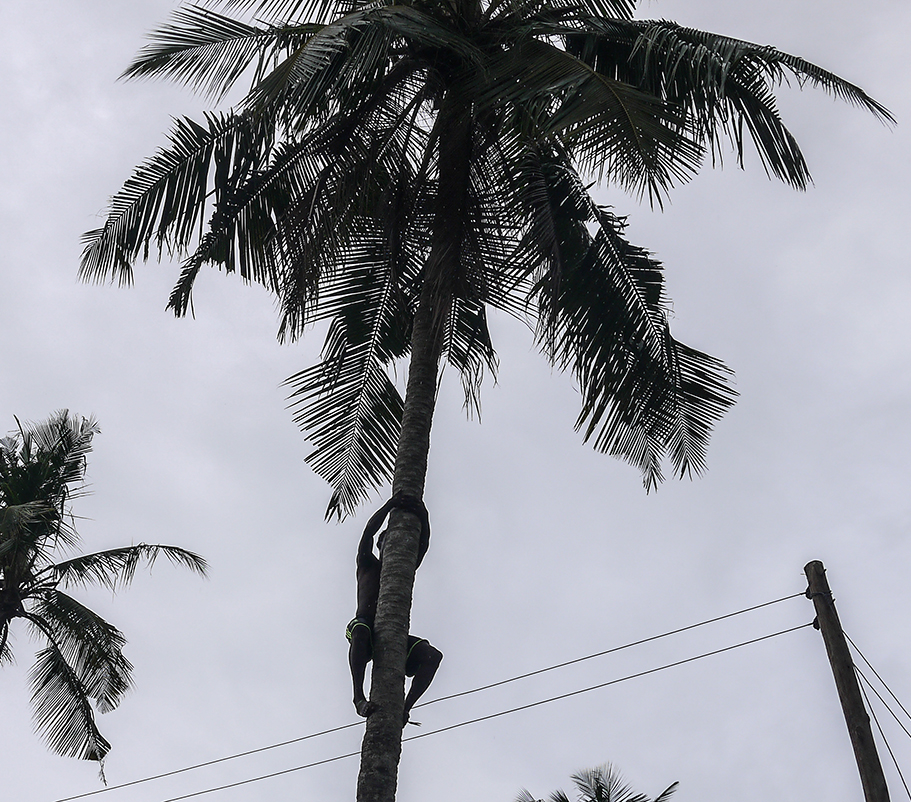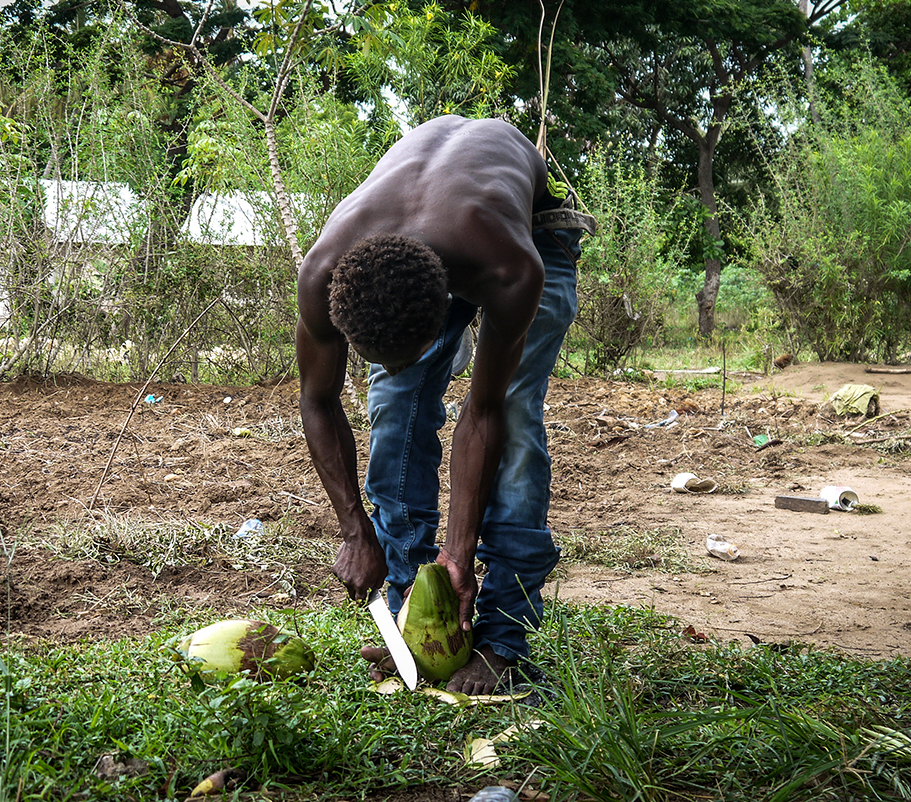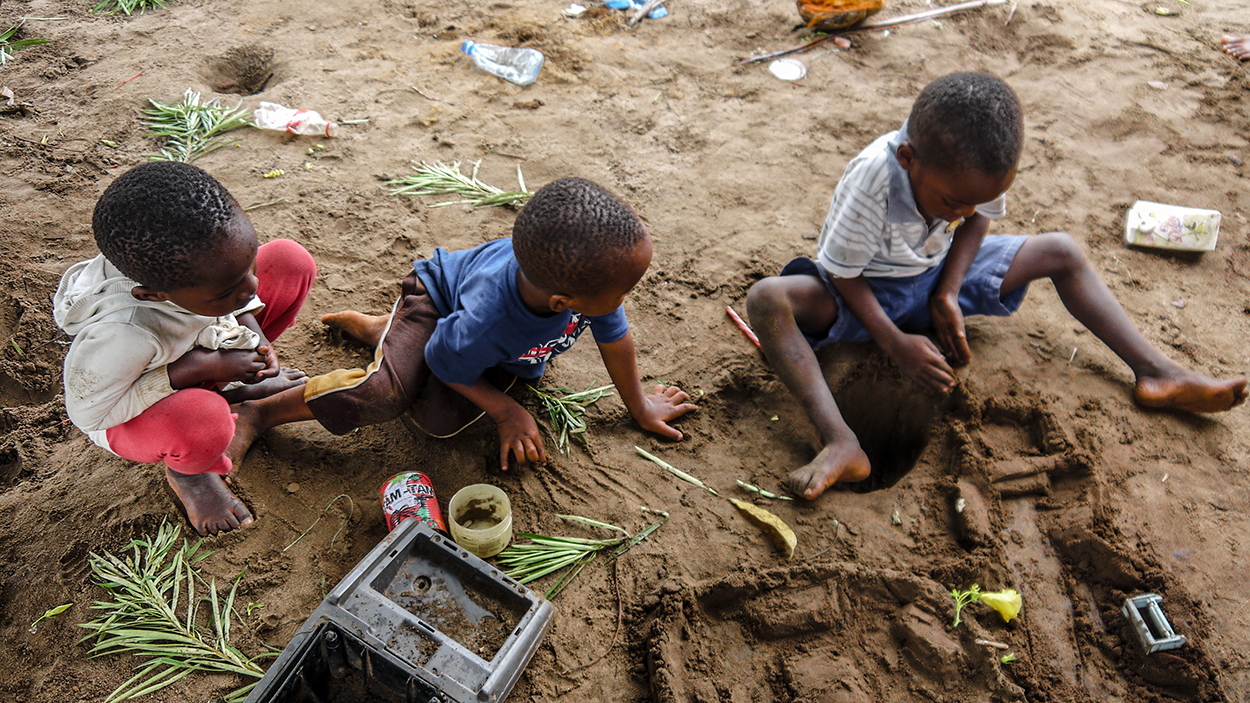Into TGL: The Digos – An Unknown Tribe in Kenya
May 2, 2017
The Green Lion
If you walk opposite from the seashore at Diani Beach, you will stumble across sets of tiny villages that are home to this rather unheard of a tribe – the Digo people.
I’m a sucker for the road less traveled by, and the amazing thing about Africa is how easy it is to get there if you open up to new experiences and meeting the locals, despite what many guidebooks advise against.
Even at Diani Beach, a huge resort town, it was no different.
I became friends with Matokeo, a Digo man who now runs a beach-side restaurant in the outskirts of Diani. After sensing my curiosity to learn about the Digo lifestyle, he offered to take me to his village and we set a place and time to meet the following day.
☾
11 a.m. It’s a rainy day – a huge relief since we are about to walk 40 minutes into what seemed like pure savannah. We meet his sister on the way, a lovely lady who sells seafood in Ukunda, the nearest town to her village.
We walk and walk and Matokeo tells me stories from his childhood and how he got to learn to use the world around him from the medicine woman living in the village. The Digos don’t need much money to survive because everything they need is there. Nature doesn’t need money and all it asks is to be nourished in return.
Matokeo stops to grab a few leaves from a bush and mixes it in with water utilizing his bare hands. In less than three minutes, the leaves create a soapy-looking foam the Digos use to wash their hair and bathe themselves.
We continue on walking through the narrow pathway amidst the tall grass – a path created by the thousands of Digos who have walked this land before me. Matokeo proudly explains the use for every single tree and leaf we pass by and I felt ashamed for not knowing enough about the world and the nature around me.
We walk past Matokeo’s old primary school. He tells me how he would walk every day from his village, rain or shine, as he so desperately wanted to be able to receive an education. “I walked barefoot every day through the bush in order to come to school”, he said proudly.
It is a Friday morning and the weekly market is going on. Digos gather to sell and purchase anything and everything: from gorgeously patterned Kitenge dresses to all kinds of scrumptious food and fake football Jerseys. We walk through the hustle and bustle before returning to the peace and quiet that is the last village before the town of Ukunda begins – this is where Matokeo grew up, parentless.
He introduces me to a woman he refers to as his mother. She doesn’t speak any English, an uncommon encounter in Kenya. While she cooks hundreds of tiny fish while sitting on a rock under a shed, he explains to me how she takes care of the children who don’t have parents from the village and how he himself was one of her protegés when he was a toddler. Four children are waiting excitedly next to the open-air kitchen for their meals to be ready, meals they would probably not have if it weren’t for the work this woman does so selflessly.
We continue on to find an elderly woman sleeping on a wooden bench in front of her mud house. She awakes, startled by the sight of a “mzungu”. Matokeo introduces me in their native language, and, while we can’t speak to each other in words, we often exchange smiles.
This woman, Matokeo explains to me, is the root of the whole village. Every single inhabitant here has stemmed out from her in one way or the other. She is 102 years old and is considered the boss and decision-maker of the whole compound, despite what some websites state that Digo women have no “political” power.
I ask her for a picture, and she politely agrees. She is covered in a gorgeous handwoven purple-hued throw which she also utilizes as a blanket. She doesn’t hide her body much, and at times, her breasts pop out a bit – an unusual thing to see in a Muslim-majority tribe. When I asked Matokeo about this, he told me that they don’t really follow the law of covering their bodies fully, as they are not completely Muslim, and it is often only done when a women gets married and wishes to cover herself up to let others know she is not available anymore in a way to show her husband respect.
While Islam is widely accepted among the Digo people and related tribes, they still do practice animism (the belief that objects have spirits) and ancestor worship (the practice of seeking help and guidance from their deceased relatives). These beliefs and customs remain a big influence in their communal ties and lifestyle. Witch doctors are also a part of their lives, but they are often referred to as “medicine men/women”. Many would describe their religious and spiritual beliefs as “Islam folk”.
The children gather around me with curiosity in the eyes as if I am some kind of superstar. A young girl touches my arm as if it was magic as we continue on our stroll onto a new village complex. For them, seeing a Caucasian person is out of the ordinary and I have been told by Kenyan friends before that they will often touch you to confirm you are actually real.
I see the children at the village all having fun with the simplest of things – be it recycled toys D.I.Yed from tinfoil, climbing trees, or enjoying the taste of fresh coconut juice that Matokeo gets by climbing a 10-meter tall palm tree and kicking the fruit down.
We walk into a small hut filled with four women and four men, all drinking a white substance from a glass bottle. This is the “village” bar – there is no music but the sound of laughter and chit-chats exchanged by the villagers fill in the air. I get invited to sit on a wooden stool before I get offered a taste of their staple drink – coconut wine (and it tastes exactly like it sounds).
☾
Throughout the years I am traveling, I found the importance of these small moments that are off the so-called mandatory road designed for tourists. While I do love indulging in them once in a while, I find these authentic moments to be the ones that have given me a deeper understanding of the world around me and the world in me, as well. I love being able to tell unique stories about people who seem so ordinary but carry stories worthy of novels within them. This experience amongst the Digo was one of them, and I cannot wait for the next.
